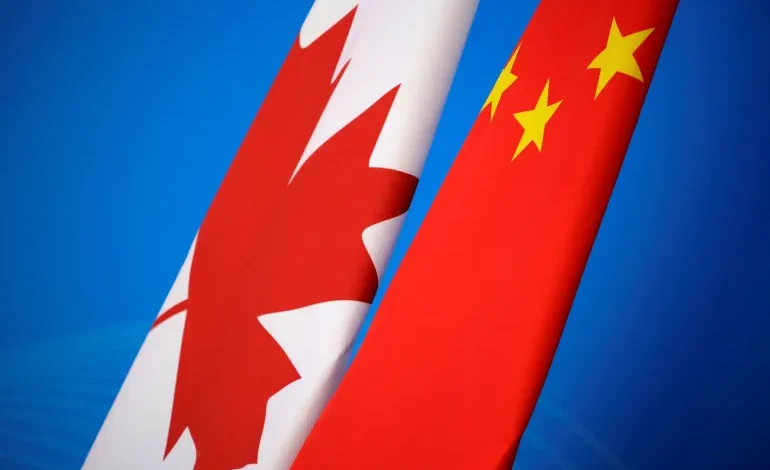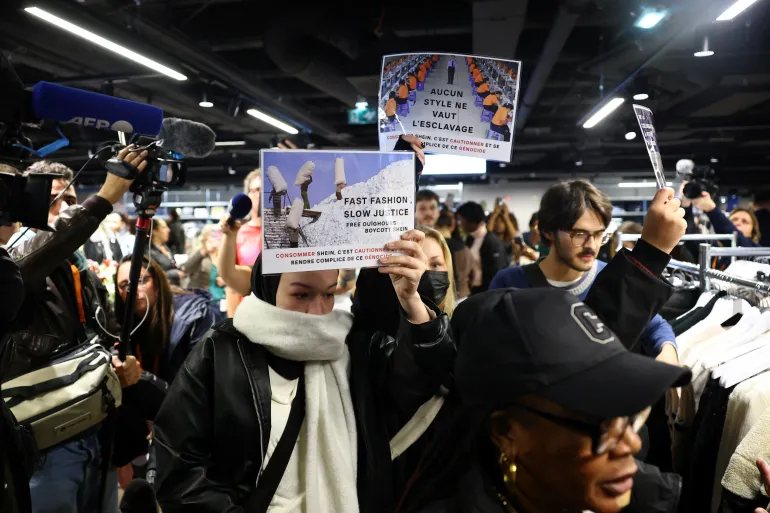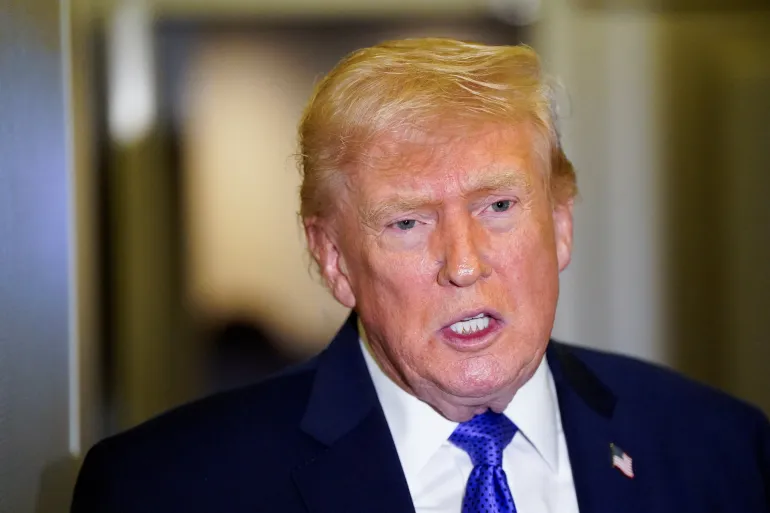China Executed Four Canadians for Drug Offences, Sparking Condemnation

The Canadian government has confirmed that China executed four Canadian citizens earlier this year for drug-related offenses, despite repeated appeals for clemency from both former Prime Minister Justin Trudeau and Foreign Minister Melanie Joly, Al Jazeera reports.
Foreign Minister Joly expressed her “strong condemnation” of the executions to reporters on Wednesday, stating that she and Trudeau had personally intervened to request leniency in each case. Due to privacy requests from the families, Joly declined to provide further details about the individuals.
Global Affairs Canada spokesperson Charlotte MacLeod affirmed that Ottawa would continue to provide consular assistance to the affected families and reiterated Canada’s “steadfast opposition to the use of the death penalty in all cases, everywhere.”
While executions of Westerners in China are relatively rare, the deceased Canadians also held Chinese citizenship, a status that Beijing does not recognize, potentially complicating diplomatic efforts.
In a statement published by The Globe and Mail newspaper, the Chinese embassy in Ottawa defended the executions, asserting that the individuals had been granted a fair trial and due process in “strict accordance with the law.” The embassy emphasized that China is a “rule-of-law country” and that anyone who violates Chinese law “must be held accountable.” The statement further claimed that the “facts of the crimes committed by the Canadian nationals involved in the cases are clear, and the evidence is solid and sufficient.”
Ketty Nivyabandi, secretary-general of Amnesty International Canada, characterized the executions as “shocking and inhumane” and urged Canada to take further action.
Canadian media reports that approximately 100 Canadians are currently detained in China, many on drug-related charges. One prominent case is that of Robert Schellenberg, whose initial 15-year prison sentence for drug smuggling was increased to the death penalty following a retrial in January 2019.
This latest development further strains already tense Sino-Canadian relations, which have deteriorated sharply in recent years. Key factors contributing to the strained relationship include Canada’s arrest of Huawei executive Meng Wanzhou in late 2018 at the request of the United States, Beijing’s subsequent detention of two Canadians on espionage charges, and allegations of Chinese interference in Canadian elections.
Economic tensions are also on the rise. Earlier this month, Beijing announced tariffs on Canadian agricultural goods following Ottawa’s imposition of a 100 percent levy on Chinese-made electric vehicles last year.









The latest news in your social feeds
Subscribe to our social media platforms to stay tuned